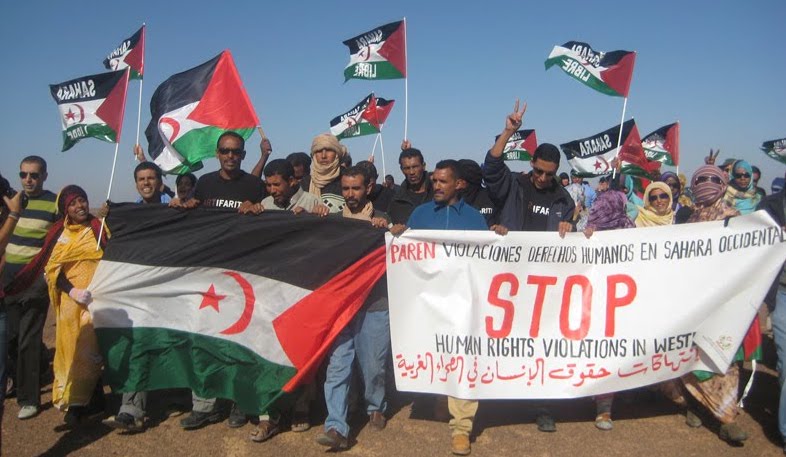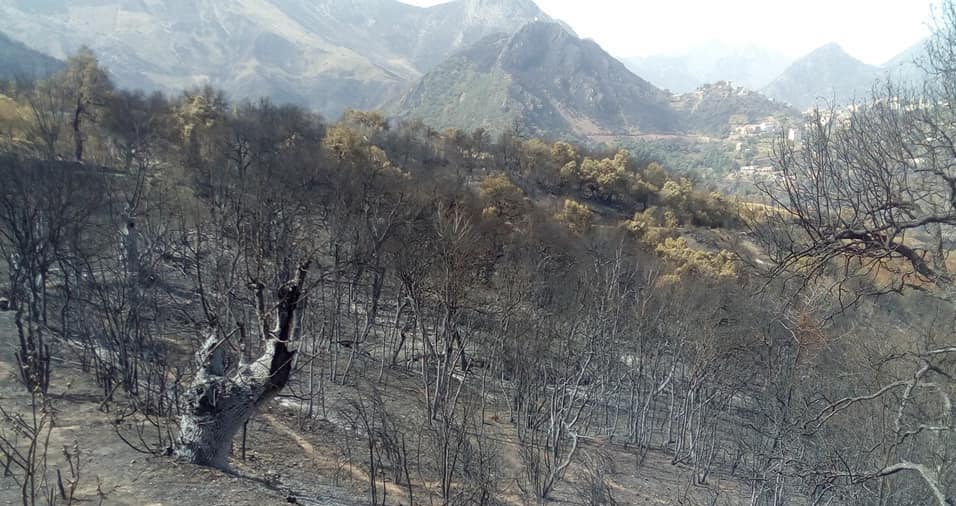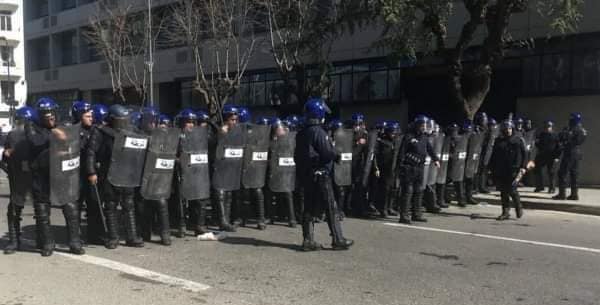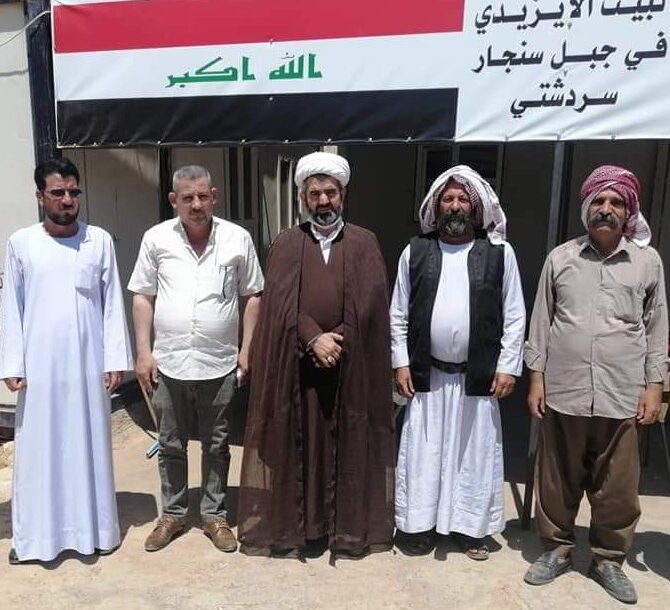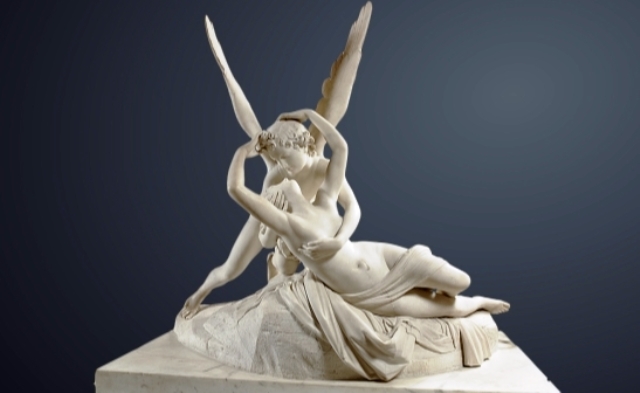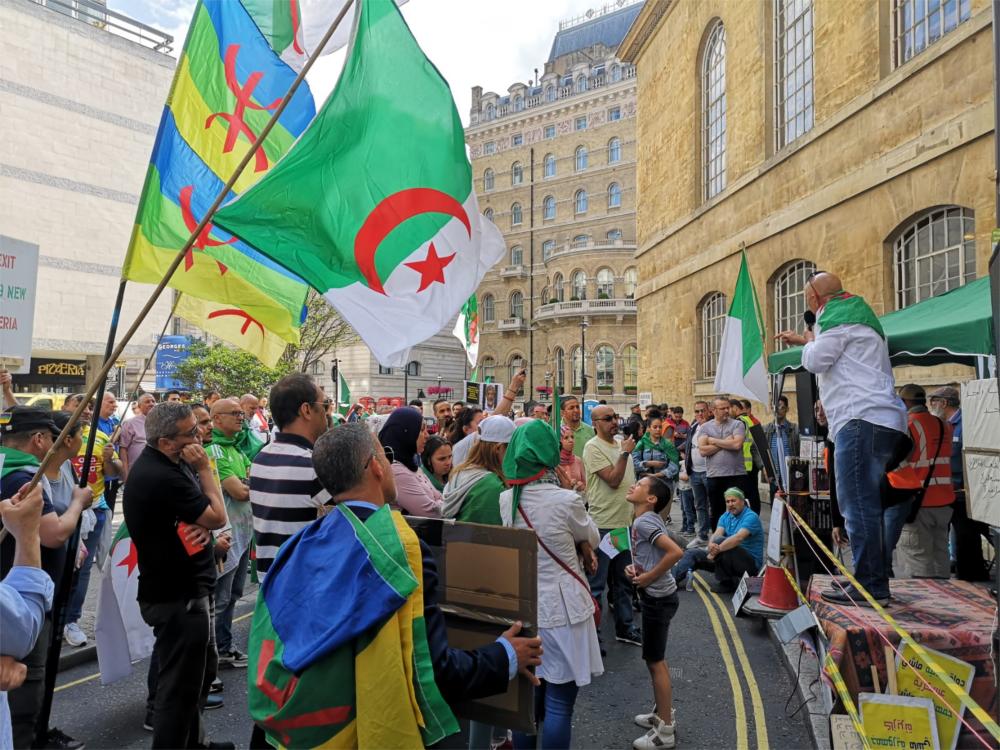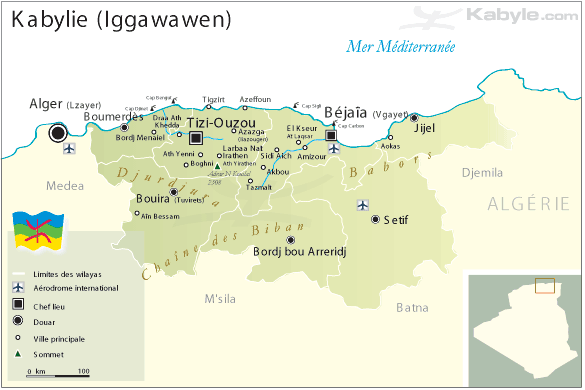
Algeria: Kabylie independence at issue in press freedom case
A court in Algeria sentenced French sports journalist Christophe Gleizes to seven years in prison on charges of “glorifying terrorism” and “possessing propaganda harmful to the national interest.” Gleizes was arrested in Tizi Ouzou, in the restive Kabylie region, after interviewing the president of football club JS Kabylie. Authorities alleged the interviewee had ties to the Movement for the Self-Determination of Kabylie (MAK), which Algeria designated a “terrorist group” in 2021. The Committee to Protect Journalists (CPJ) said the sentence “is a clear indication of the government’s intolerance of press freedom.” (Map: Kabyle.com)



